- 3713
- 0
Sharing Ideas and Updates on LPG in Nigeria and related information to enable effective collaboration within the LPG Value Chain
RECOMMENDATIONS FOR SUCCESSFUL LPG ADOPTION IN NIGERIA.

In a critical look back at 2022, the oil and gas industry fell short of expectation to become Nigeria's top earner and faltered in their ability to take advantage of rising international oil prices and failure to make essential fuels available to consumers. It was a year when shortages of key fuels such as petrol and LPG peaked; where the availability of even aviation fuel became unpredictable and prices skyrocketed prohibitively.
Over the past year, the
implementation of important aspects of the Petroleum Industry Act (PIA) has
also been postponed, particularly aspects which were codified the deregulation
of the petroleum downstream. In retrospect the year also saw the payment of
high amount of fuel subsidies like never before seen in the history of the
country. Reaching over 4 Trillion Naira in all payments and reducing investments
in important sectors, leading to another debt problem for the country.
It should also be noted that the
country experienced one of the largest crude oil thefts in Nigeria’s history,
which almost collapsed the activities of operators in the oil and gas industry,
later almost brought the economy to a standstill. Let’s not forget that the
Nigerian National Petroleum Company (NNPC) halted payments to the Federation
account, a joint pool from where the federal, state and local governments draw
revenues at the end of every month.
There is also the ‘Gas’ aspect
of the Nigerian oil and gas industry to consider as well. Nigeria as a country
has an almost inexhaustible volume of untapped gas resources, but it is rarely
available for deployment when needed! This is mostly as a result of a lack of
investment in the sub-sector and an almost nonexistent infrastructure. Despite
the large gas reserves, the country is not able to satisfy local consumption,
let alone ship enough for export. 2022 on the back of the Russia-Ukraine war
pressure from Europe for Nigeria to increase supply to the continent as it attempted
to wean itself off Russian gas, basically yielded no fruits.
Despite the much talked about
‘Decade of Gas’, nothing remarkably groundbreaking took place in 2022 to push
the envelope towards a gas powered economy. For the little that was produced in-country,
prices skyrocketed, returning many Nigerians to use of firewood for cooking.
Thus, the assertion of our last blog post that sustainable fuel has to be
affordable, there is almost no in between here.
It is honestly not our intention
to rehash the many woes of the Nigerian oil and gas industry, however, if truth
be told many of these issues are consistently re-occurring and are not going
away anytime soon except they are discussed and properly addressed.
Recommendations for the Nigerian LPG Industry
1.Nationwide accessibility, affordability and sensitization -
Let’s face it there is still an information deficit in the country about LPG.
While this sustainable fuel had been introduced into the country a while back,
it has yet to the reach the grass-root members of the country. These people or
patrons if you will have the ability to make higher purchases and spike the
general percentage of usage in the country. Thus, there is the need for
effective public enlightenment and sensitization advocacy on health and cost
benefits to drive penetration while enforcing effective penalties for emissions
as well as rewarding global warming reductions.
2.Affordability to Ensure Sustainability - When it comes to
the pricing of LPG to the general consumers, there are many factors at play,
some of which cannot be escaped and which influences the overall market price
of cooking gas. However, overtly high LPG prices have proven to be one of the
prominent impediments to LPG adoption. To make sure that there is indeed an
expansion of LPG infrastructure in rural communities, then there must be a
unanimous regulation on pricing.
3.Awareness campaigns and advertising are critical to ensure
the uptake of LPG.
These recommendations are not to be considered the only ones necessary for the LPG industry growth, thus, the comment section is open for dialogue as we will like to know your opinions as well.





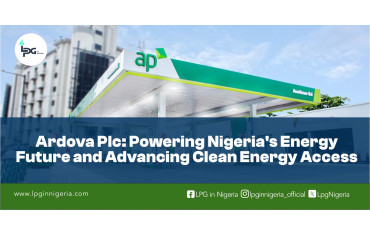
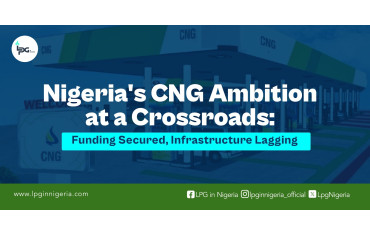
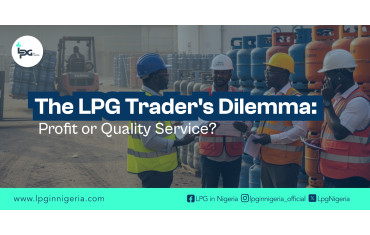

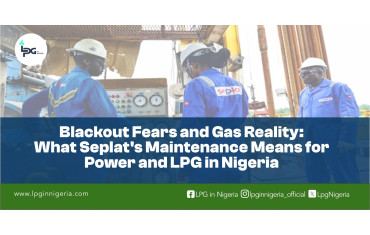
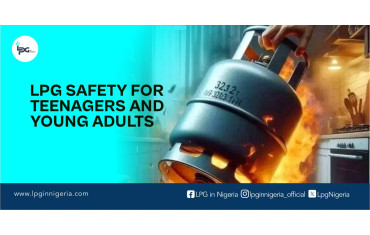





0 Comment.